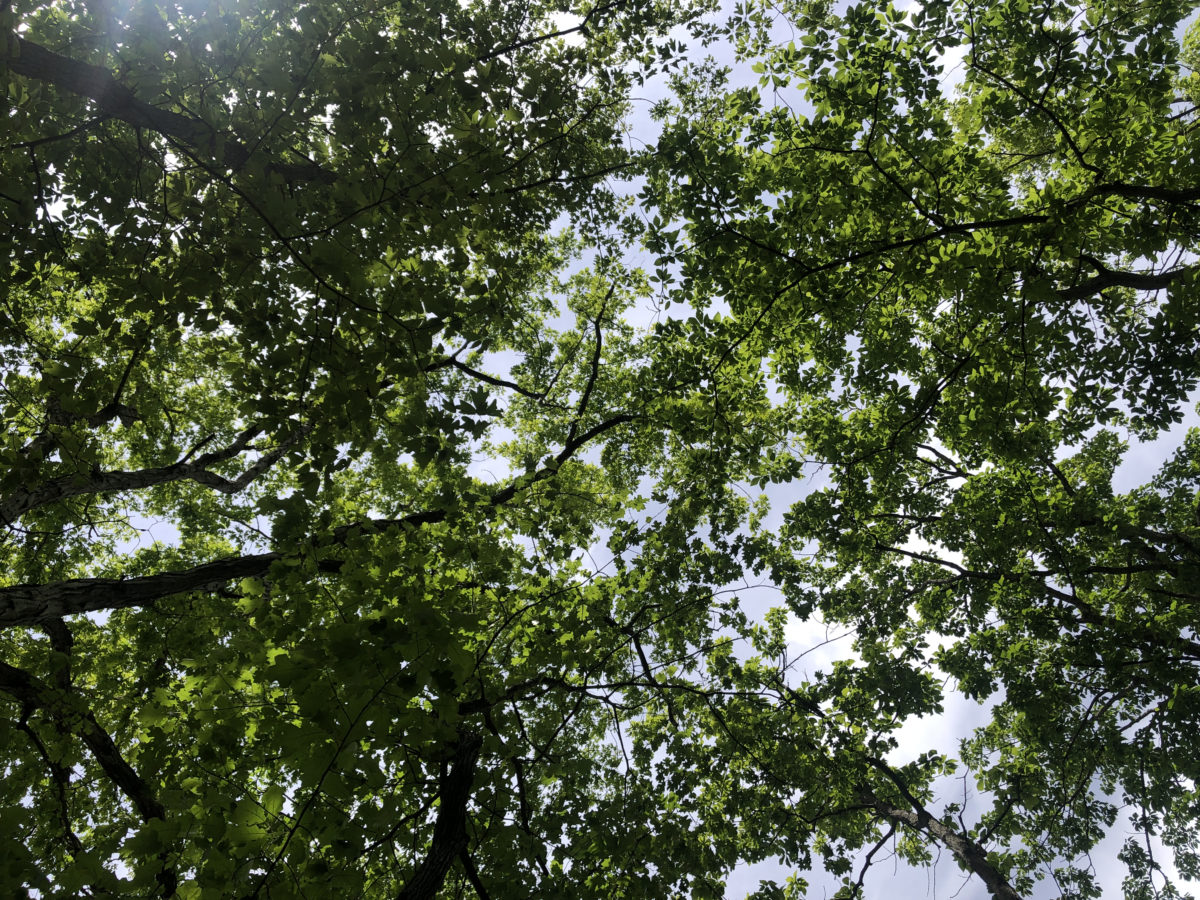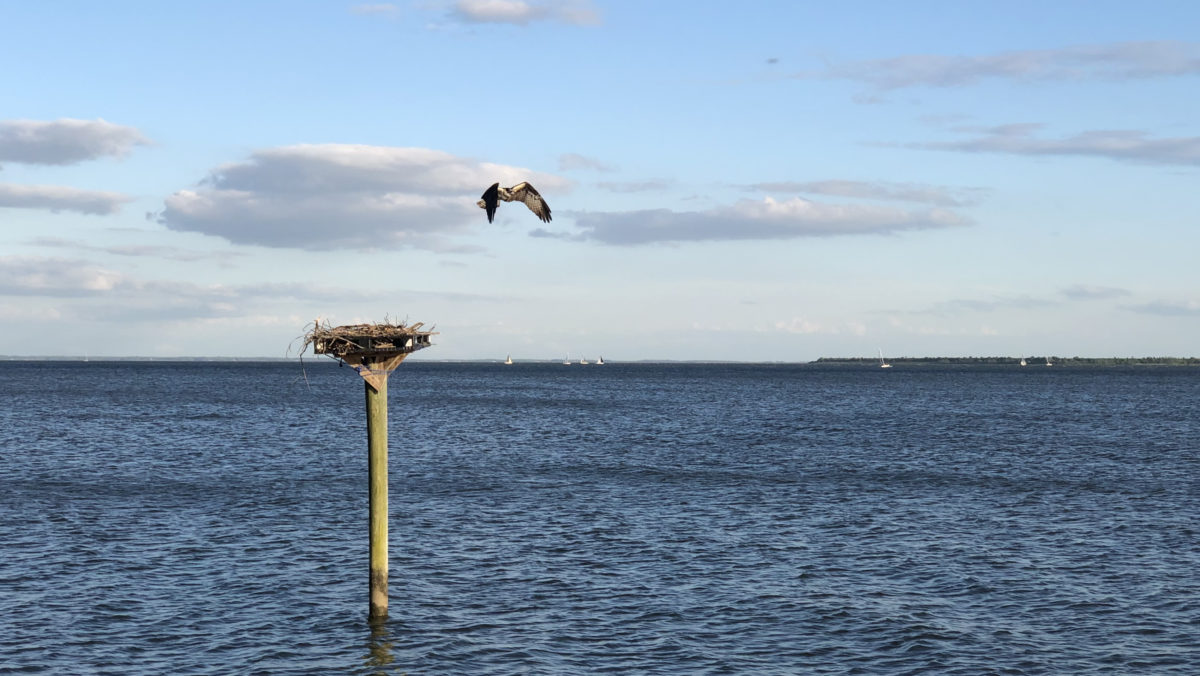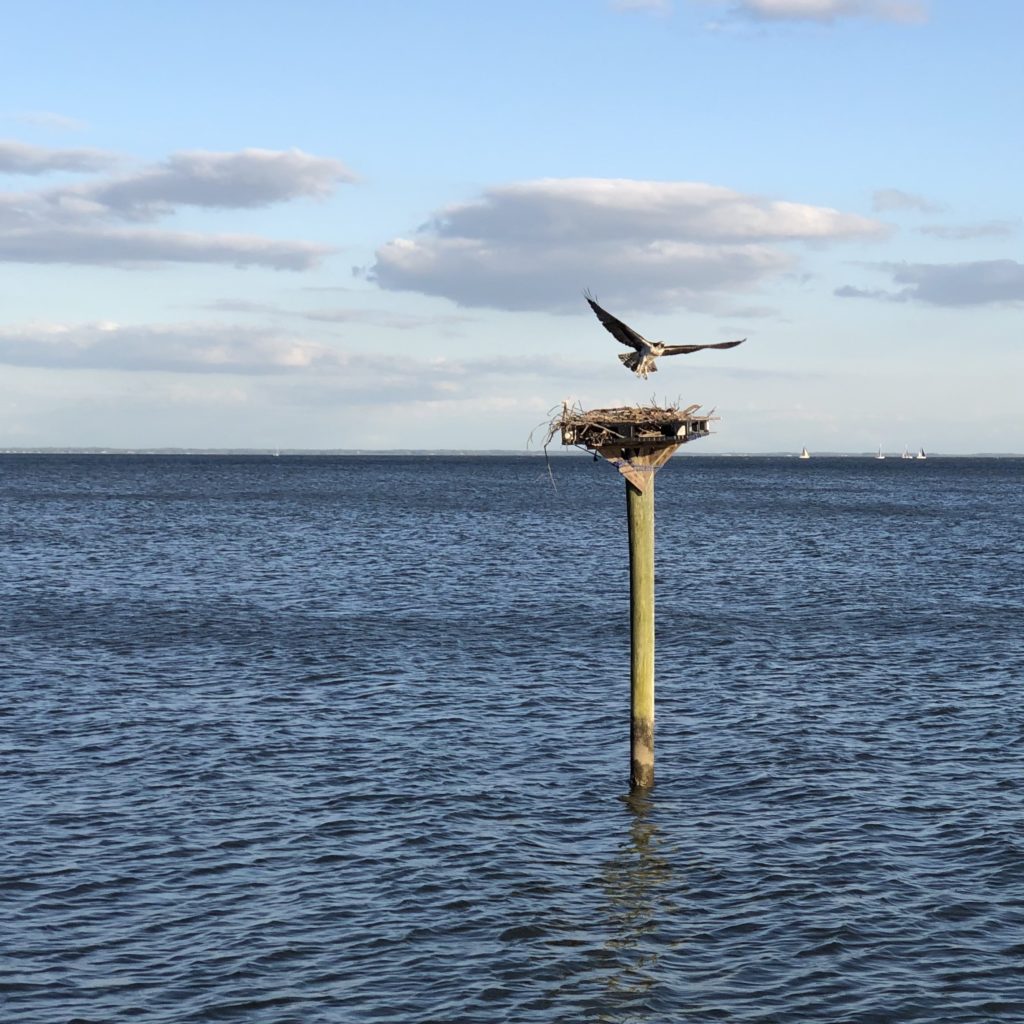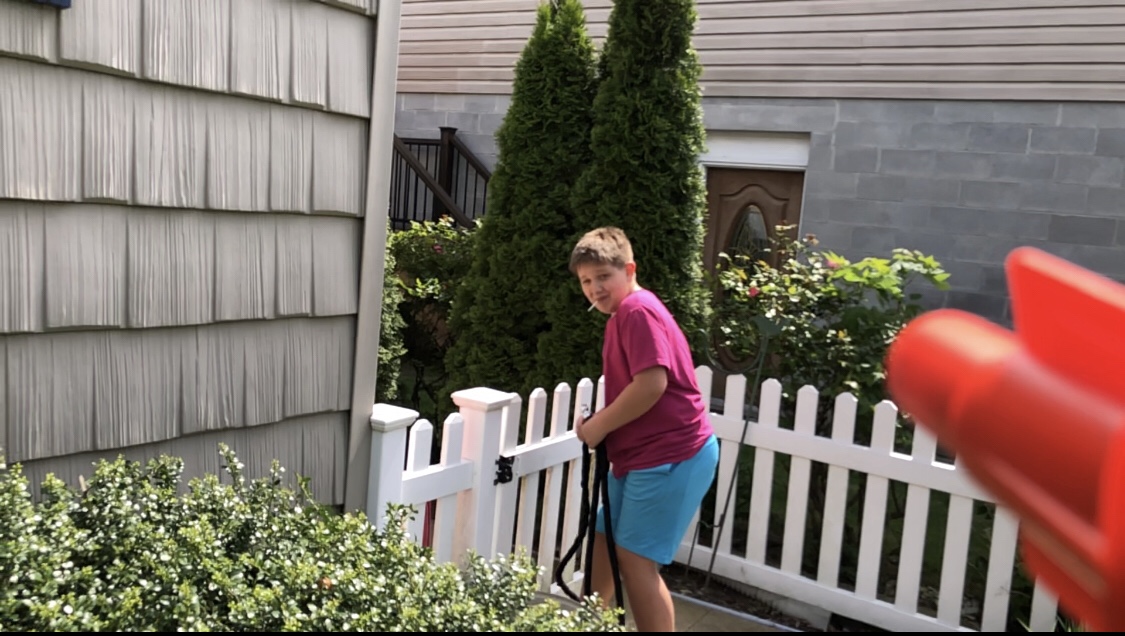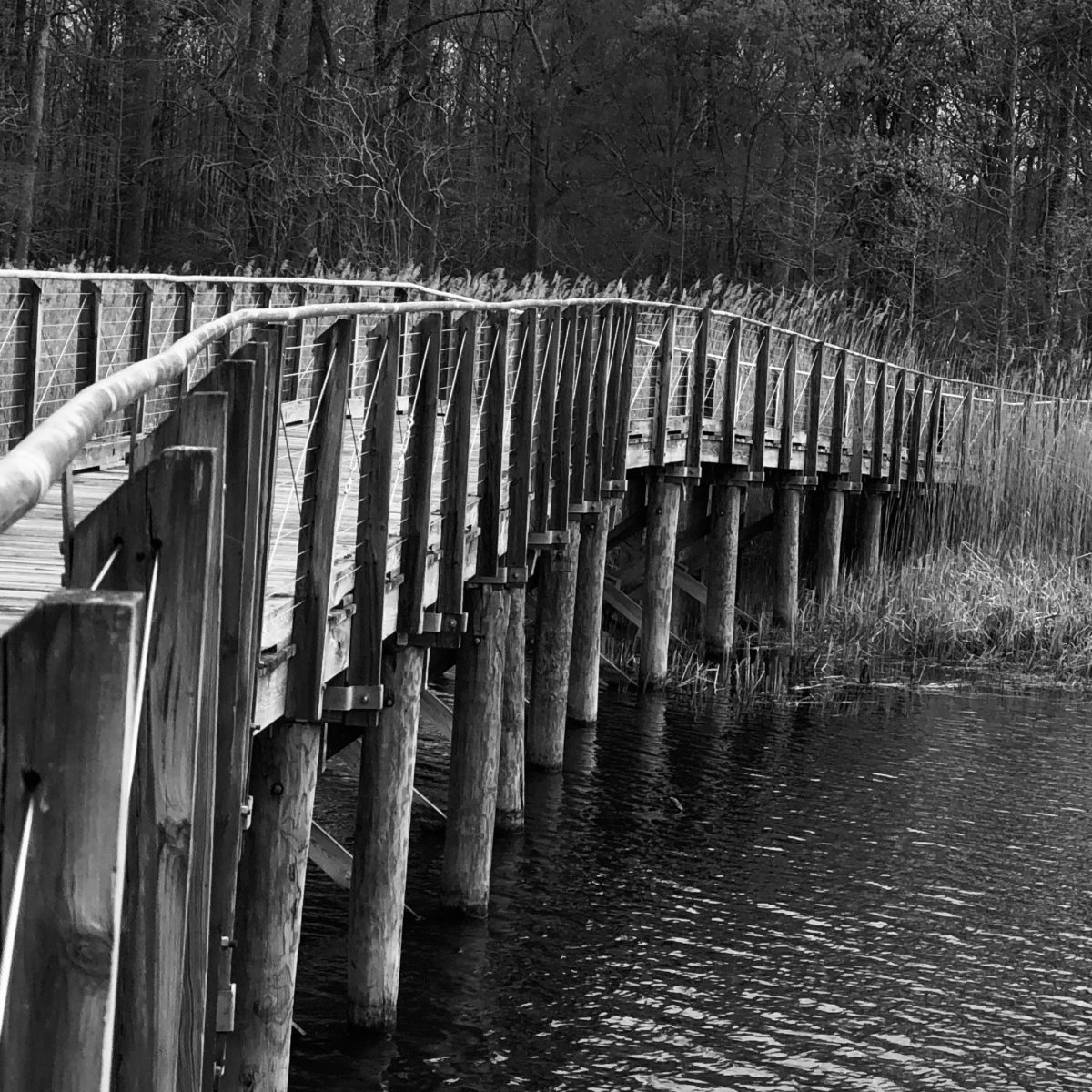“I realized today why I kept having panic attacks last week,” she said, leaning back in her chair and setting her headphones on the desk.
Being an utterly rational person in complete control of his emotions, like all Real American Men who don’t need “feelings” or medication, he downed a shot of whiskey and took a deep drag from a CBD vape flavored with testosterone and diesel fuel. Fixing her with a condescending eye, he growled, “What exactly upset your delicate womanly nature, little lady?”
“I realized that nothing had gone wrong in our lives for almost a month… and I was panicking because I don’t remember the last time that happened.”
The man of the house was so shocked by this revelation that he promptly fell out of his startup surplus Aeron chair, hit his head, and woke up in the looking glass world of a 2020 where everything didn’t go to hell.
This exact change didn’t actually happen, but the essence of it was conveyed by a friend’s Facebook post a few weeks ago and I have to tell you that it hit me right in the feels.
It’s been a long time since I wasn’t dealing with a crisis of some sort, and I’m having to learn how to be a parent, partner, and individual in a context not defined by disasters.
Three years ago my marriage was beginning to come apart, after years of me privately straining to keep it together. Then Alli was nearly killed by a horse and the subsequent year was largely defined by helping her recover and learn to deal with the physical and mental effects of traumatic brain injury. Just as we were beginning to find our balance as a family, we were hit by the double haymaker of COVID and Rich’s ALS diagnosis.
While the last three years have been some of the happiest of my life, they have also been defined by repeated small-scale disasters.
And I think that’s why I’m struggling to settle these days. Struggling to write, to read, to play video games. Finding it difficult to go for a walk in the forest and listen to the twitter of birdcalls and rustling of breeze through the trees.
I just know that there has to be another disaster coming.
Peace.
Calm.
Breathe.
There was a simplicity to the world a year ago. We had all gone into lockdown, believing that everyone would do their part and America would be able to whip COVID-19 within six weeks. We played on TikTok, baked bread with friends over Zoom, and watched relaxing YouTube videos in which people with soothing voices exhorted us to find peace as the world fell apart. Maybe… just maybe… if we all worked together and did our best, the world would re-emerge as a better place filled with more loving people, except for those few clowns like Joe Exotic who would provide entertainment for the rest of us.
That isn’t exactly how things turned out.
But I’m having to believe that, perhaps, on a a smaller and more intimate scale, I can make that happen in my own life.
I can take care of these kids that have come into my life. Help them with Scouts. Watch movies with them. Take them on walks in the forest. Go kayaking on warm mornings and watch the glassy water split on either side of our boats, ripples trailing away until they lap gently against the shoreline.
I can talk about movies with James and my friends back south. Help Alli and Barb with fixing up the house. Slowly work on writing projects and get my damn YouTube off the ground one little video at a time.
There is no instant solution to finding peace or fixing the world, but we can take small steps each day. We can take each day, each hour, as a fresh opportunity to find joy.
We can slow down.
Friends will come and go. Oil pipelines will shut down. Toilet paper will be out of stock.
But I have the blessing that the pandemic didn’t destroy my livelihood. I am moderately healthy and have enough of a safety net that I don’t need to fear starvation or bankruptcy or homelessness.
If I take the time to consider the lilies of the field and breathe deep the breath of this big blue world, and know that I don’t have to make a dent in the universe as long as I am helping the people around me… it will all be okay.
